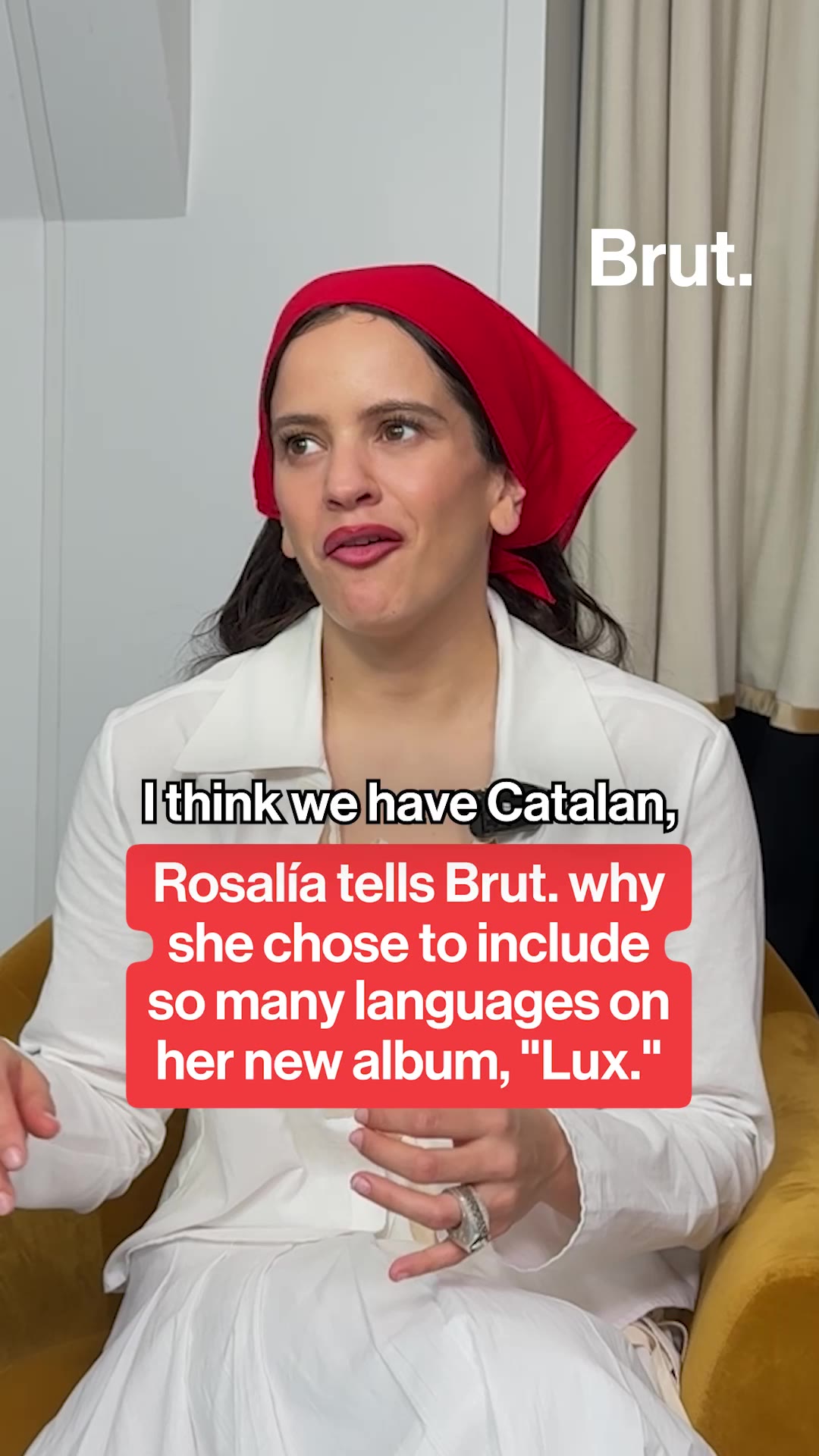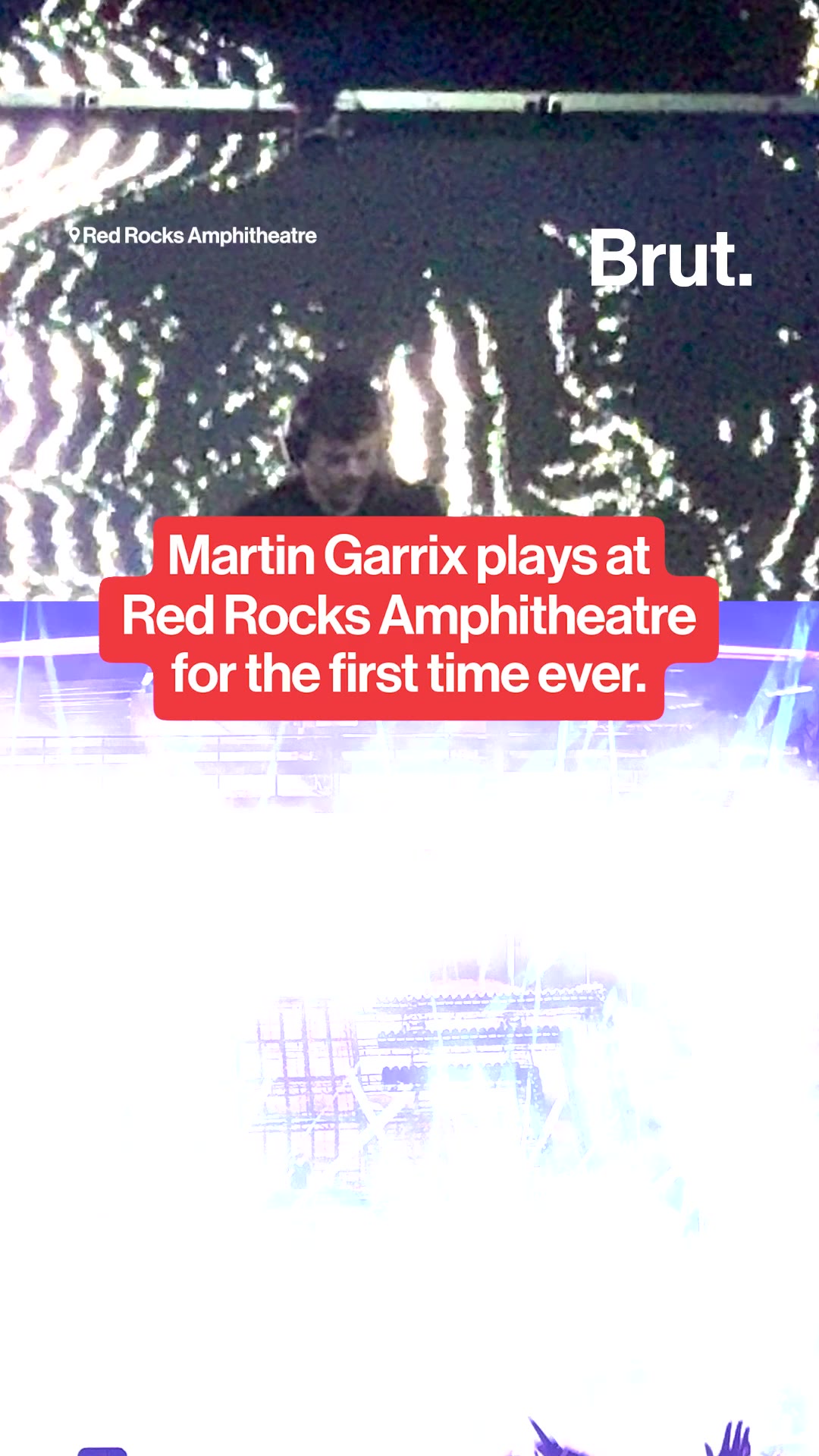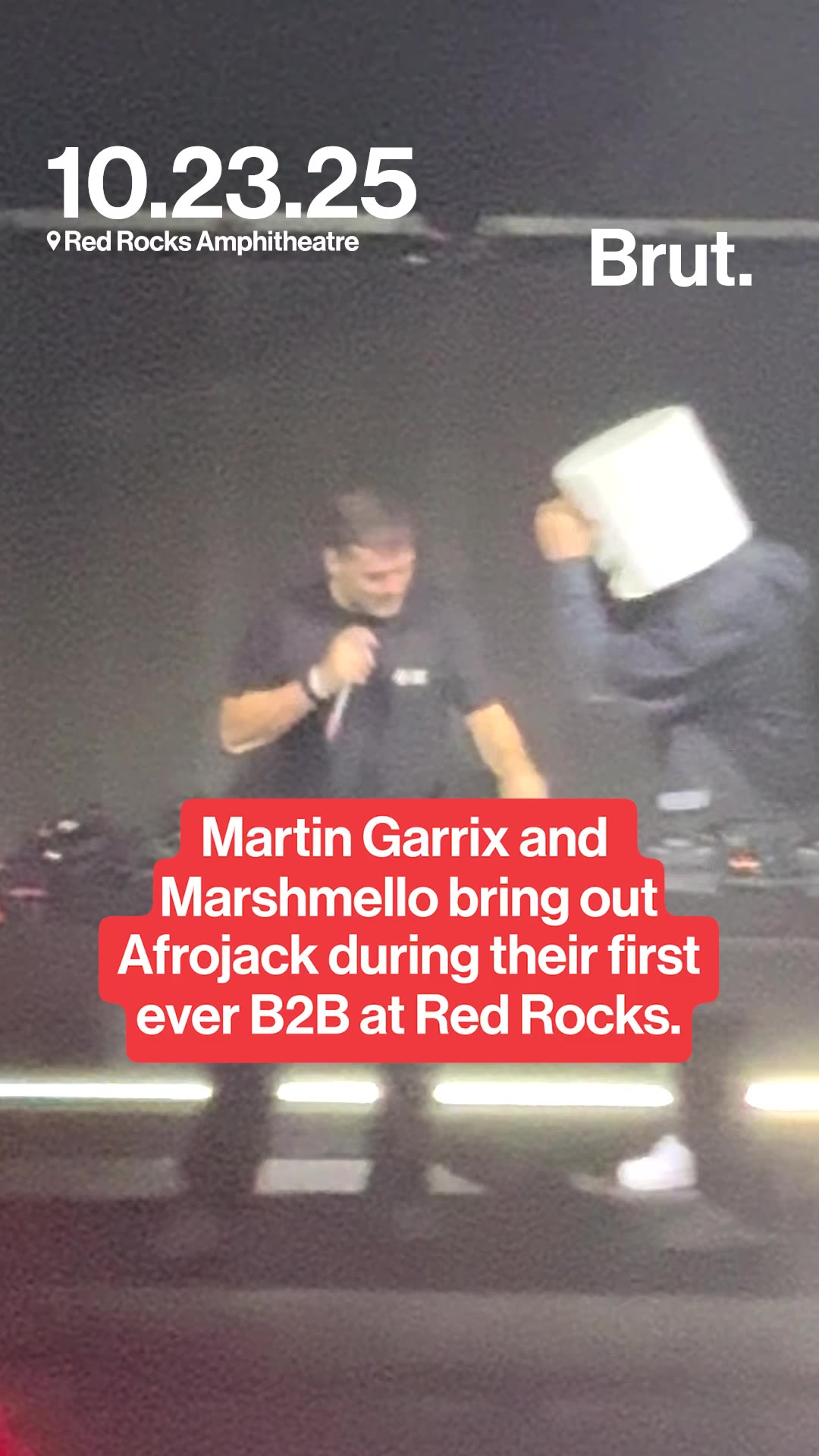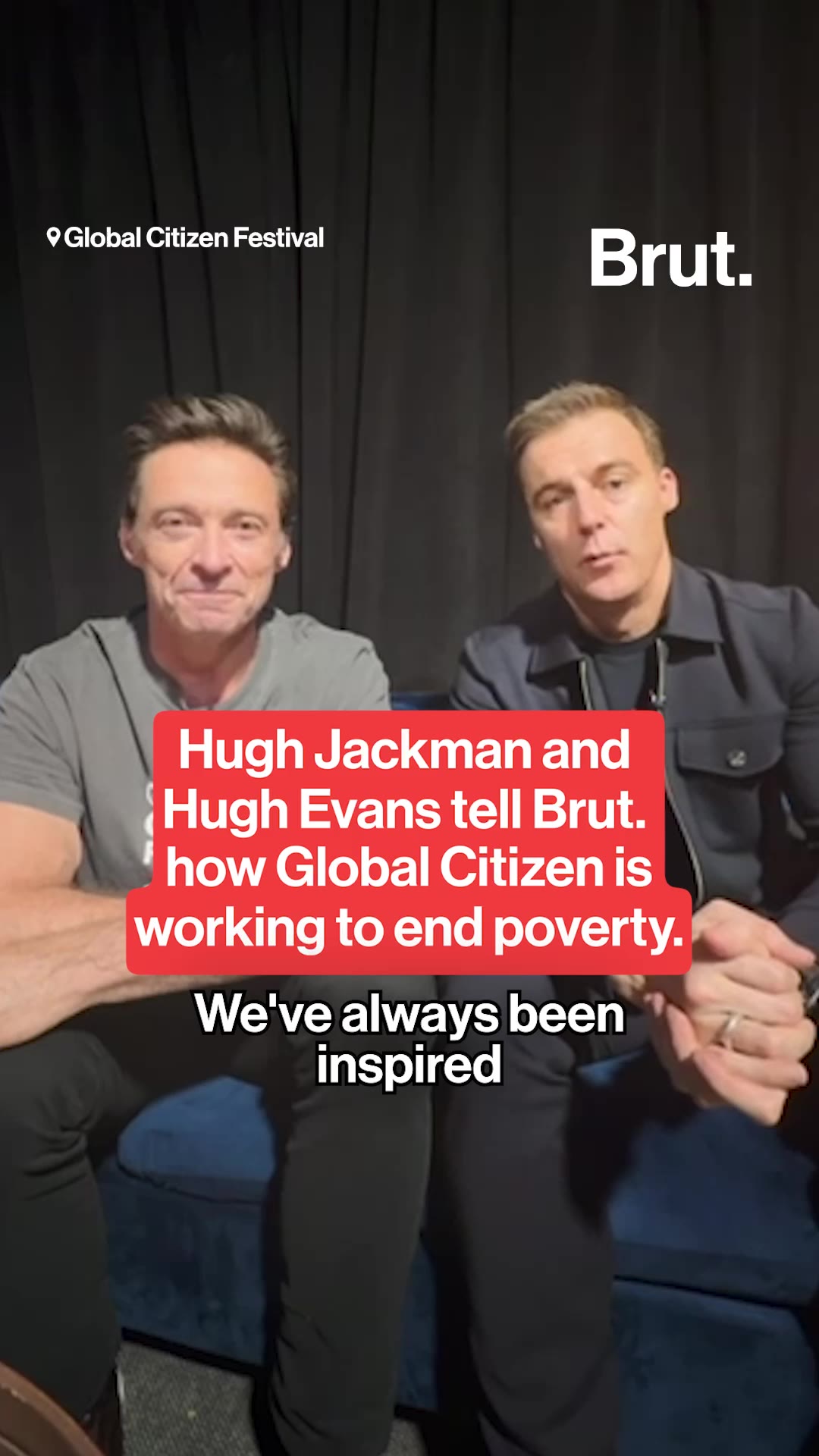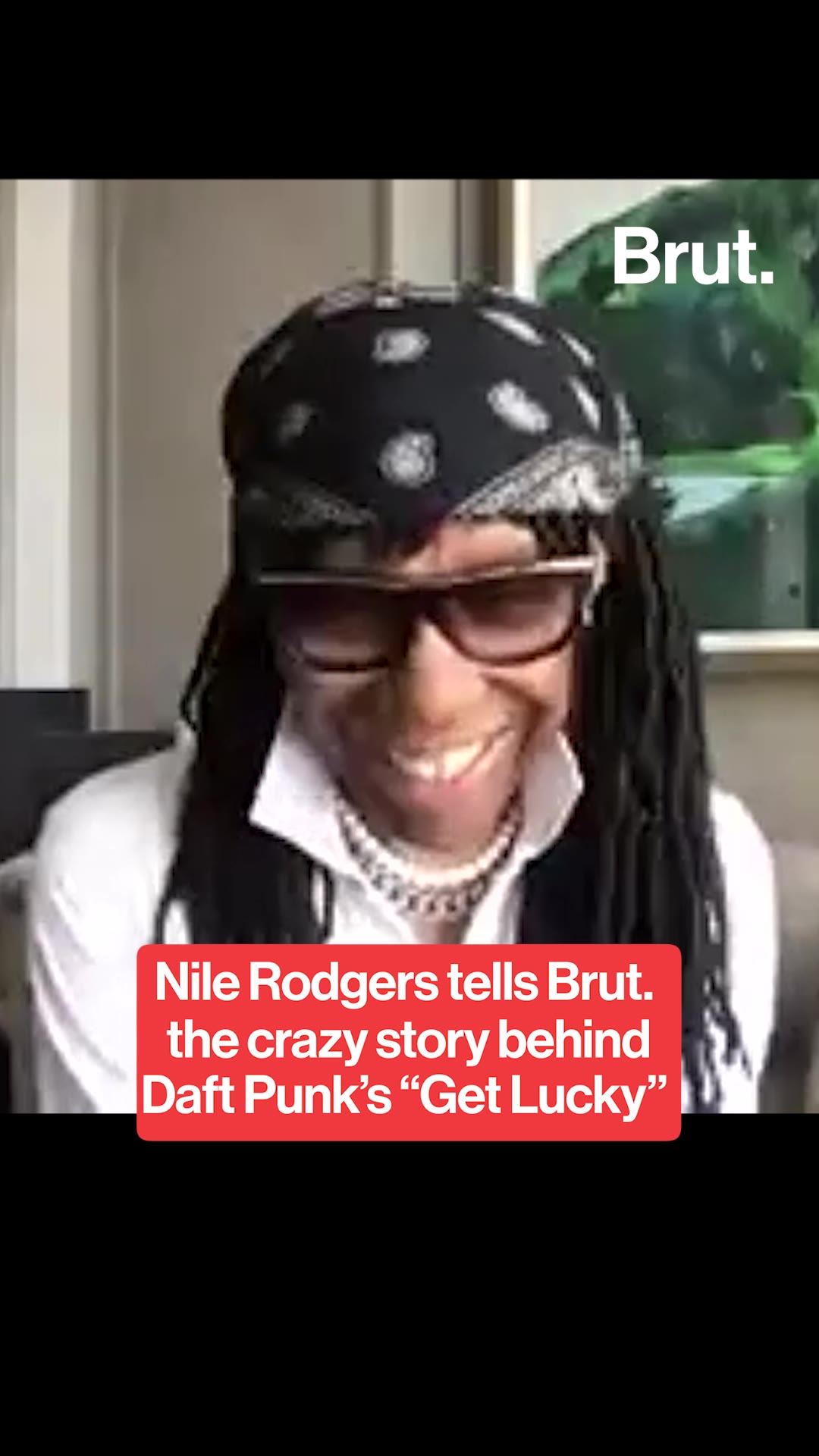Iggy Pop Reveals the Meaning of His New Song "We Are the People”
Finding a New Swagger
What is rock icon Iggy Pop singing about on his new song? He shares the story behind “We Are the People”:
“We are the people without land. We are the people without tradition. We are the people without a country, a voice or mirror. I had this instrumental track left and there was no vocal that fit it, something went wrong matching it with something else, where I changed things. But I loved the instrumental track and I have a small house in a funky part of Miami where my mail comes and I have my, you know, guitars and sing there, paint, things like that, and in the mail came a book from the Lou Reed archive. The first thing I saw when I opened on the first page, bang! There was this poem and I thought I knew what he was saying, and I thought it was today in Trump’s America. The poem was written in the early 70s and…1970, yeah and it’s really relevant today. Absolutely relevant today and a lot of observations in there, you know, just even the opening line “We are the people without land.” Because in each of our respective countries, there are people who own an enormous amount of land. I also think that single opening phrase also means that, as he goes through the poem it’s obvious that we are people without a land either, without a land of our own.”
James Newell Osterberg Jr., better known as Iggy Pop, is an American singer, songwriter, musician, record producer, and actor. Designated the "Godfather of Punk", he was the vocalist of influential proto-punk band the Stooges, who were formed in 1967 and have disbanded and reunited multiple times since. Initially playing a raw, primitive style of rock and roll (that progressed stylistically with each album), the band sold few records in their original incarnation and gained a reputation for their confrontational performances, which often involved acts of self-mutilation by Pop.
Brut.
Iggy Pop Reveals the Meaning of His New Song "We Are the People”
Finding a New Swagger
What is rock icon Iggy Pop singing about on his new song? He shares the story behind “We Are the People”:
“We are the people without land. We are the people without tradition. We are the people without a country, a voice or mirror. I had this instrumental track left and there was no vocal that fit it, something went wrong matching it with something else, where I changed things. But I loved the instrumental track and I have a small house in a funky part of Miami where my mail comes and I have my, you know, guitars and sing there, paint, things like that, and in the mail came a book from the Lou Reed archive. The first thing I saw when I opened on the first page, bang! There was this poem and I thought I knew what he was saying, and I thought it was today in Trump’s America. The poem was written in the early 70s and…1970, yeah and it’s really relevant today. Absolutely relevant today and a lot of observations in there, you know, just even the opening line “We are the people without land.” Because in each of our respective countries, there are people who own an enormous amount of land. I also think that single opening phrase also means that, as he goes through the poem it’s obvious that we are people without a land either, without a land of our own.”
James Newell Osterberg Jr., better known as Iggy Pop, is an American singer, songwriter, musician, record producer, and actor. Designated the "Godfather of Punk", he was the vocalist of influential proto-punk band the Stooges, who were formed in 1967 and have disbanded and reunited multiple times since. Initially playing a raw, primitive style of rock and roll (that progressed stylistically with each album), the band sold few records in their original incarnation and gained a reputation for their confrontational performances, which often involved acts of self-mutilation by Pop.
Brut.


